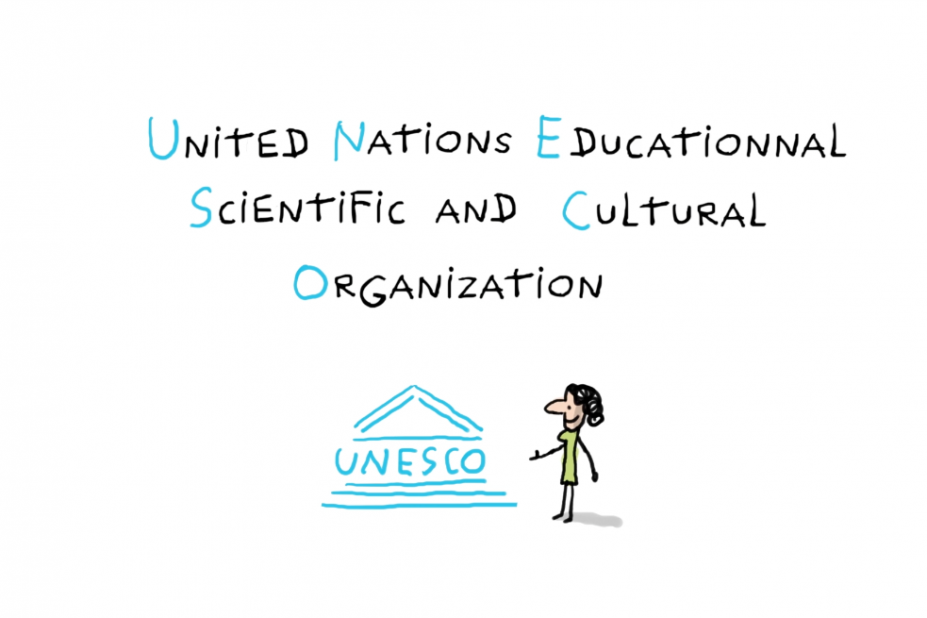UNESCO stands for United Nations Educational, Scientific and Cultural Organization.
It is part of the United Nations, whose aim is to maintain peace in the world.
UNESCO was founded in 1946, after the Second World War, to promote collaboration among nations through education, science and culture.
But what are its main actions?
It puts education at the heart of its missions by opening schools and libraries in developing countries and by translating thousands of books.
It also seeks to preserve world heritage sites that have “outstanding universal value”, recognised by the whole world.
Some are chosen because they are unique, like the historic center of Rome.
Others because they are masterpieces, like Chartres Cathedral.





 Retour
Retour